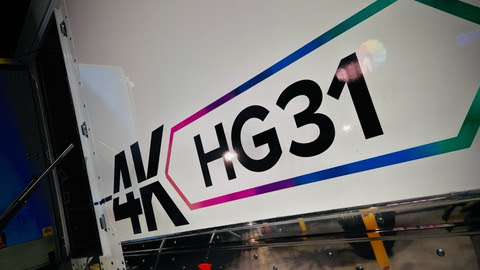Cable Promises Channel Migration ‘Quiet Period’
To help reduce confusion about the February DTV transition—and possibly to undercut pressure from FCC Chairman Kevin Martin—the nation’s giant cable companies said they will suspend their recent practice of moving channels from analog to digital tiers.
The National Cable and Telecommunications Association said its members would impose a “quiet period” on the channel migrations from Dec. 31 until March 1. The end of full-power analog TV, as well as channel changes for many DTV channels, comes midnight Feb. 17.
In a letter Tuesday to incoming Senate Commerce Committee Chairman Jay Rockefeller, D-W.Va., outgoing Chairman Daniel Inouye, D-Hawaii, and top committee Republican Kay Bailey Hutchison of Texas, the cable industry also promised to offer “a promotional package of the broadcast basic tier” to new customers starting Dec. 31.
Comcast, which still has a large number of analog customers, has irked viewers across the country as it moves channels from basic to digital to clear up bandwidth for Internet use and HDTV offerings. Analog viewers have complained that they are getting fewer channels for the price they pay, or must pay for digital service and/or rent set-top boxes.
NCTA said its members will also offer free equipment to analog cable households for at least a year so they don’t lose access as systems transition to digital.
“These proposals will not eliminate every instance of confusion,” NCTA said. “But it is our hope that these steps will provide needed assistance by substantially reducing confusion before, during and after the broadcasters’ DTV transition.”
Martin had launched an inquiry into the channel migration practice this fall, demanding trying to learn whether cable companies were exploiting consumer confusion about the DTV transition to raise rates. Cable companies resisted the inquiry and, in the view of Martin, failed to answer questions, setting up a potential showdown.
But by going to Congress with a promise of good behavior, the cable industry may figure it can reduce any support the lame-duck Martin may has for pursuing that line of attack.
NAB spokesman Dennis Wharton said the group had not yet had a chance to review the NCTA plan and had no comment.
The professional video industry's #1 source for news, trends and product and tech information. Sign up below.
